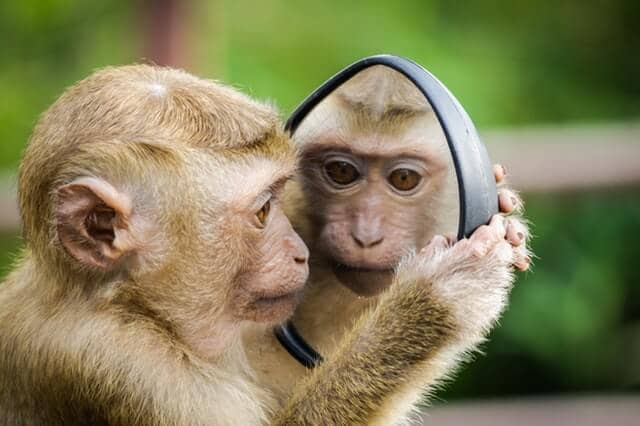Plagiarism: How to avoid it?
- Posted in:
- Article Writing
What really is plagiarism?

In academic circles it can create an irreparable damage to your reputation and lead to your termination and expulsion. If the content you copied from is copyright protected, it can lead to legal proceedings, public shaming and eventually get penalized with heavy fines.
Ways to detect plagiarism
You can ensure the originality of your own work or check if someone else is borrowing from it without citing you with just one click on the web.
Searching on Google
The easiest way to detect plagiarism is by copying a small section of the document and pasting it on a search engine like Google. If the content is not original, it will show the original sources it has been copied from.
Using a free online tool
Searching on Google can be a very time-consuming process and it cannot give you a sentence-by-sentence check. There are many free websites that take your content, compare and process it for free using online tools which let you compare texts by allowing you to paste both the original and the target text (the one you want to compare it with) and checking for any similarities.
Use commercial services
If you require a more thorough examination of your documents or the number of pages are too large, you can probably pay a service to help you. The best of them are TurnitIn.com and EVE. Softwares and tools like these are extremely effective in catching already-written sentences and helping you find the original source to give attributes to.
Kinds of plagiarism
The best way to avoid accidental plagiarism or checking for it is to understand the concept first.
Direct Plagiarism:
It is involved with the direct copying of someone’s work and using it word-to-word without citing any original sources, or using quotation marks to indicate something like it.
Rewriting or Paraphrase Plagiarism:
Making a few cosmetic changes to someone’s work and passing it as your own content is also plagiarism if you don’t add proper attribution to your sources unless the idea is public knowledge or a common fact.
Unintentional Plagiarism:
May occur when citations are incomplete or sources are attributed incorrectly. Even if you think of giving proper attributions and credits but fail to provide them correctly, you have committed literary theft and are liable to be sued and shamed for having done plagiarism because there is no way possible to prove your intentions to anyone.
